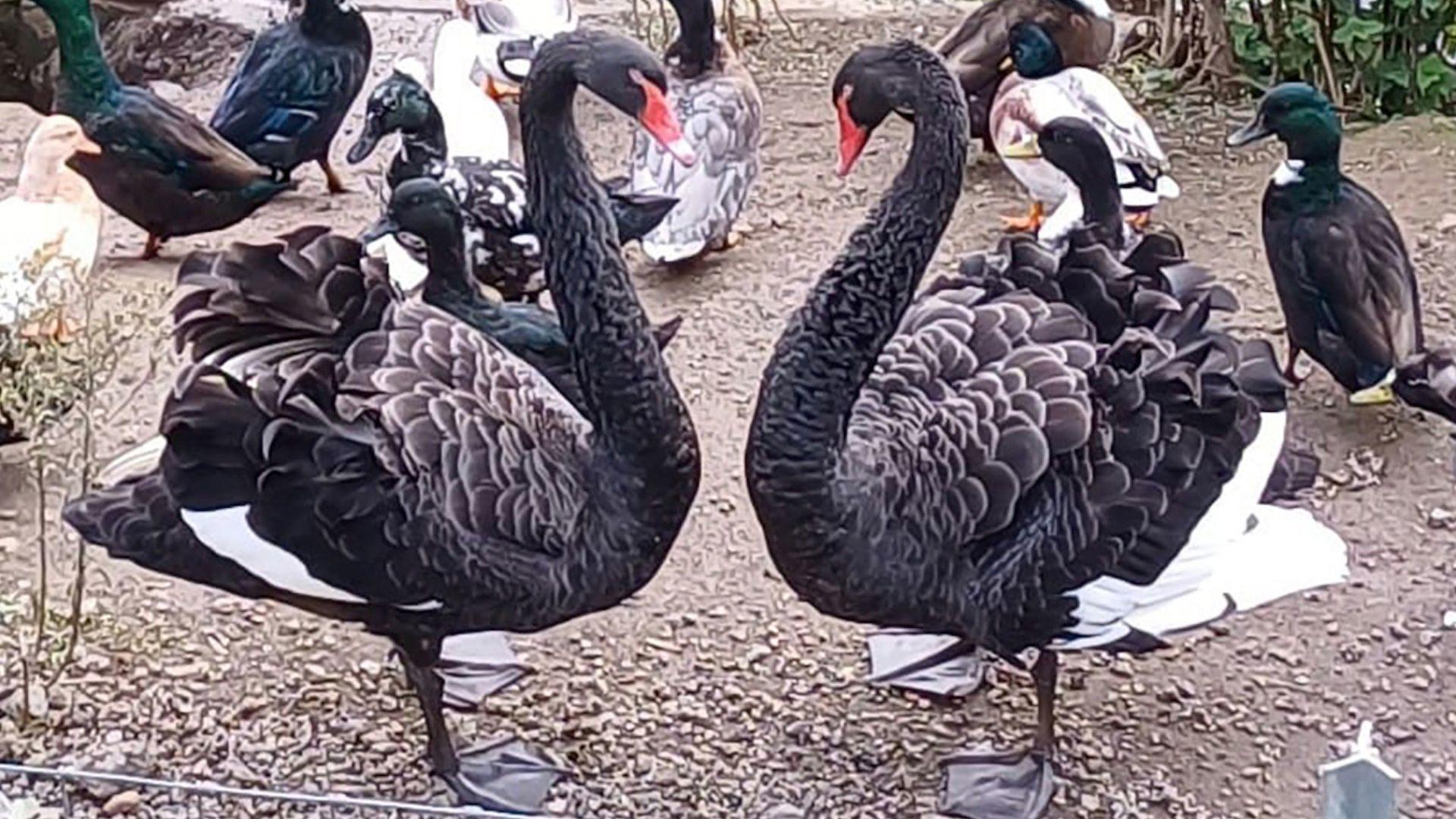'Heartbreak' as bird flu confirmed in town aviary
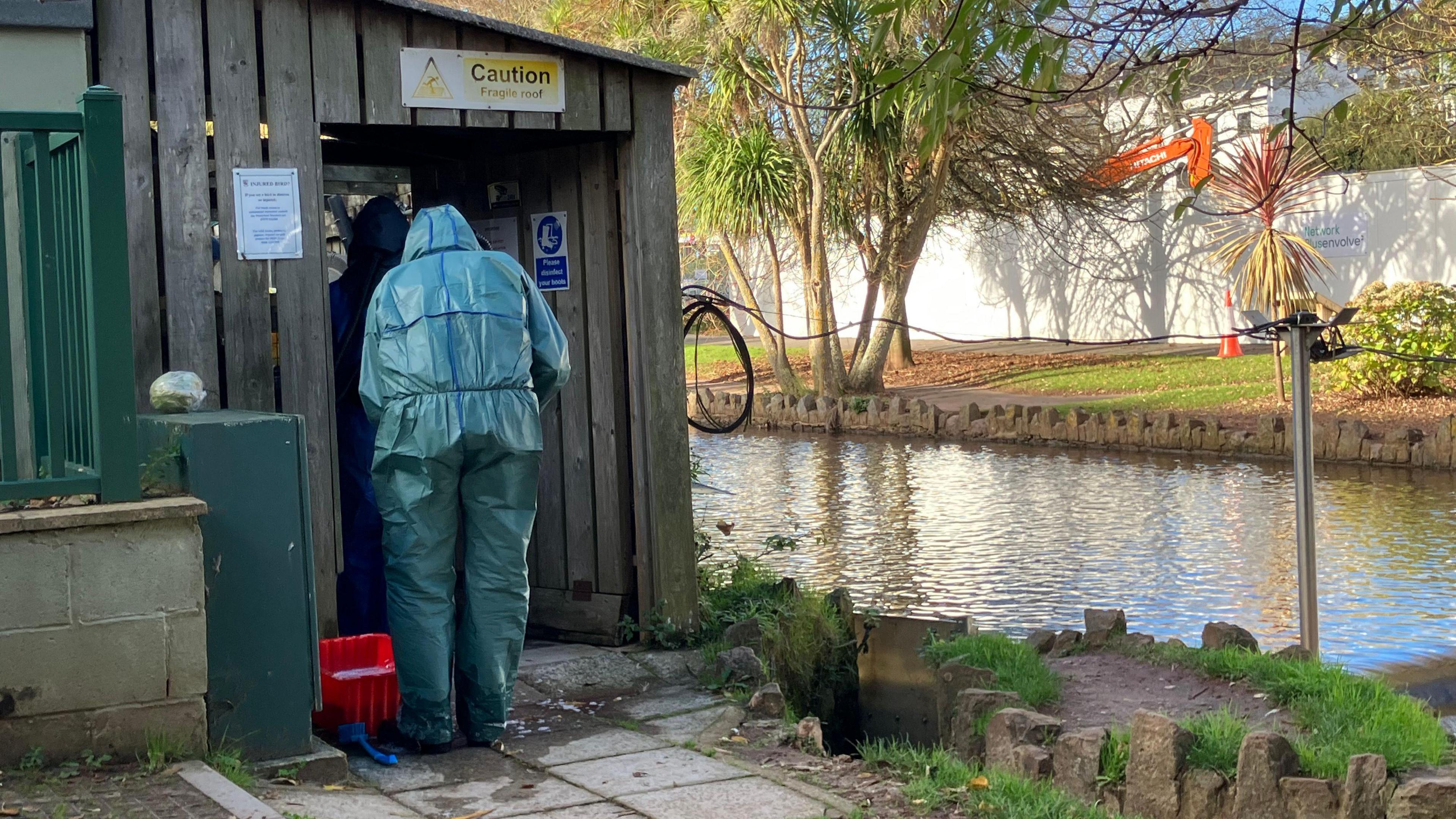
The town mayor says the black swans and aviary birds are a "cherished symbol of Dawlish"
- Published
Birds living in a Devon town aviary are set to be humanely culled after testing positive for bird flu, a council has confirmed.
Dawlish Town Council said it had been officially notified by the Animal and Plant Health Agency (APHA) that several birds in the Dawlish Waterfowl Aviary had tested positive for the highly pathogenic avian influenza strain H5N1.
The council said it was "heartbroken" by the outcome, but said its "primary duty must be to protect the welfare of all animals and the wider community".
Mayor of Dawlish Anthony James said: "The black swans and our aviary birds are a cherished symbol of Dawlish. Like many of you, I am deeply saddened by these events."
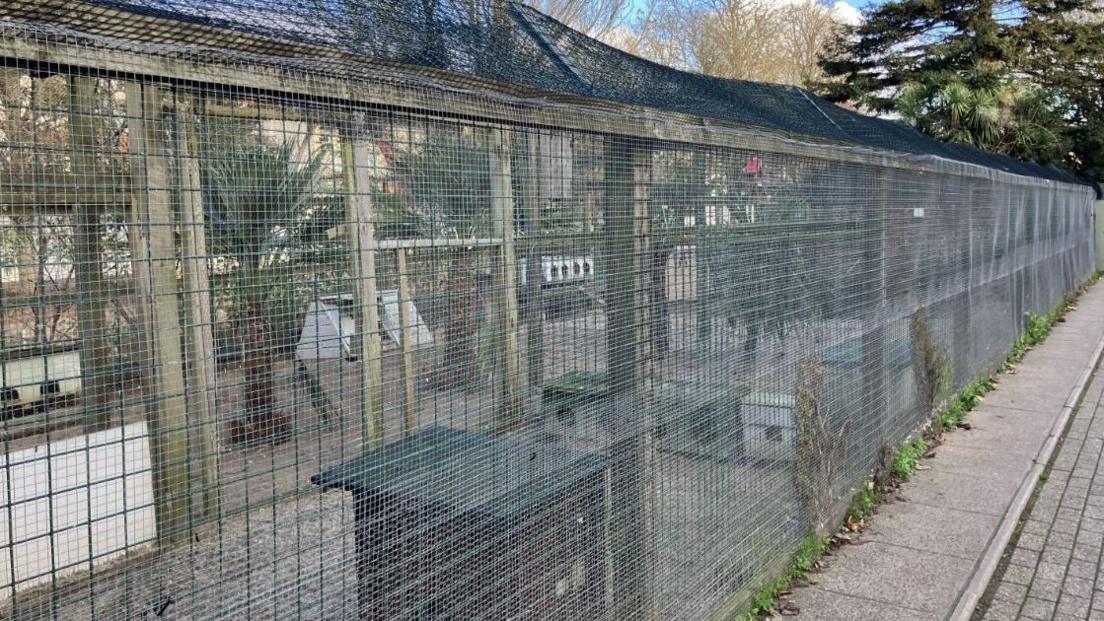
Town clerk Andrew McKenzie said five birds in the aviary have already died
Mr James added: "Our focus now is on taking every responsible step to protect public health and prevent further loss, and supporting our staff and volunteers who care so diligently for our waterfowl."
The authority said work would be carried out in "strict accordance with current legislation and animal health guidance".
Town clerk Andrew McKenzie said five birds in the aviary had already died and tests confirmed they had had bird flu.
He said up to 50 birds could be kept in the aviary, and added "in total, approximately 40 to 50 are due to be culled".
Different species of birds kept in the aviary include tufted duck, mandarin duck and shelduck.
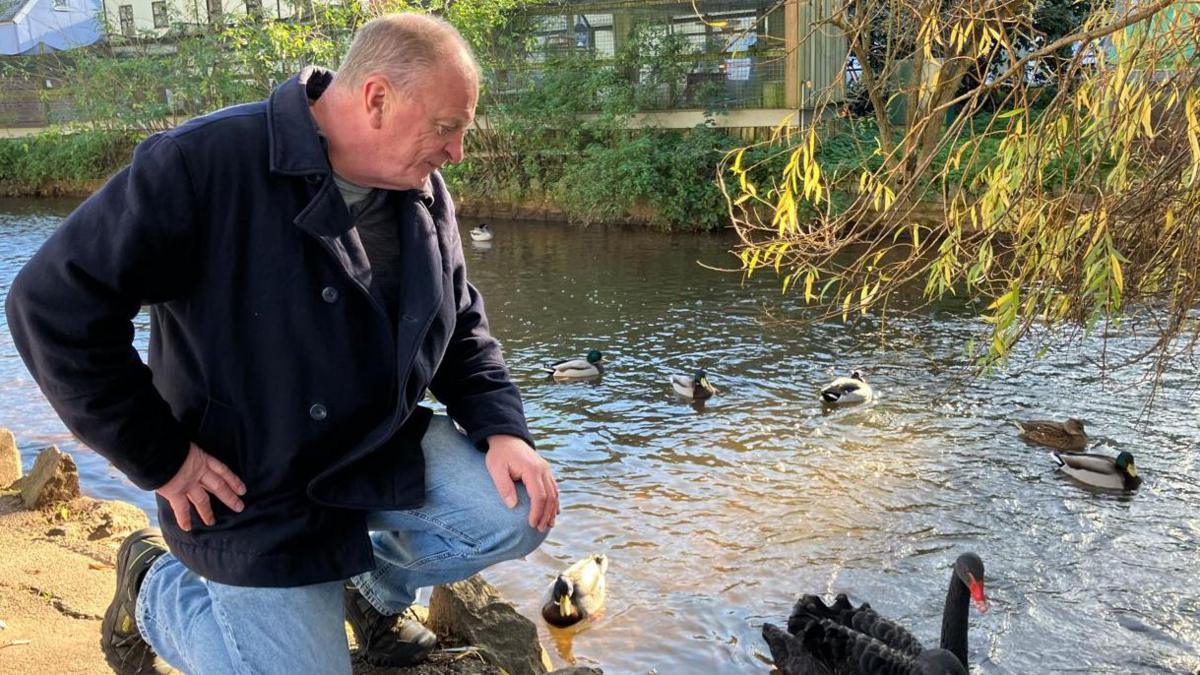
Mayor Anthony James said the aviary birds were a "cherished symbol of Dawlish"
"Two black swans died on Dawlish water which were tested at the same time as the others and were confirmed to have bird flu," he added.
Mr McKenzie said a further three swans had passed away prior, but, due to markings on them, it was believed their deaths were a result of predators in the area.
The authority said remaining black swans on Dawlish water were not included in the cull and would continue to be closely monitored, as per APHA guidance.
A 3km (1.9 mile) captive bird monitoring controlled zone had been declared around the premises, according to APHA.
Follow BBC Devon on X, external, Facebook, external and Instagram, external. Send your story ideas to spotlight@bbc.co.uk, external.
- Published31 July
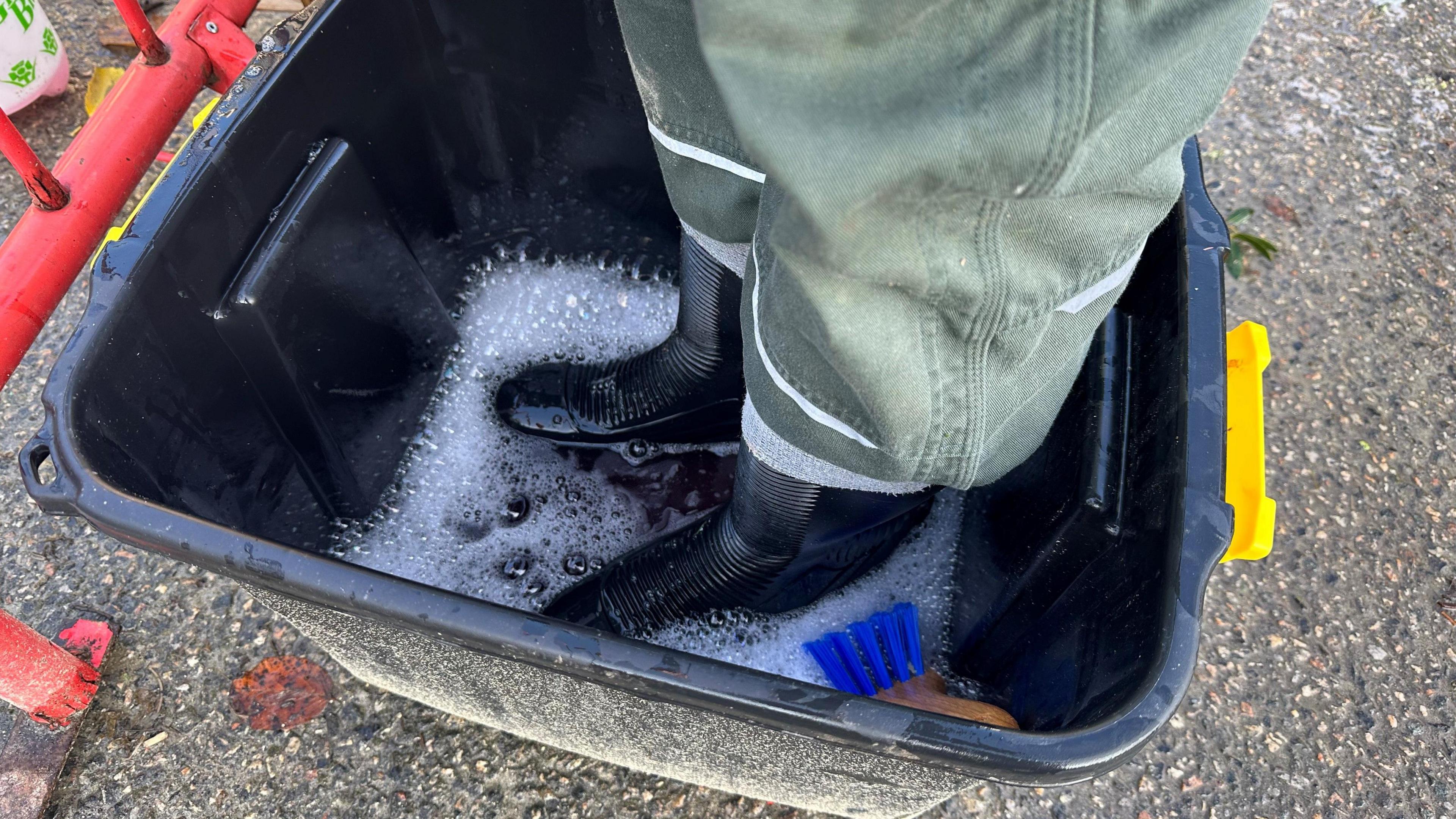
- Published9 August
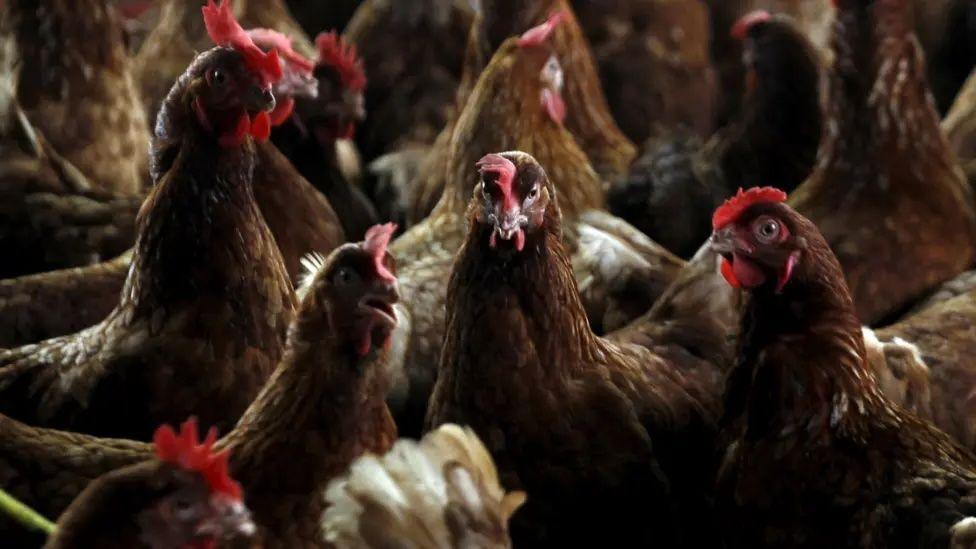
- Published1 October
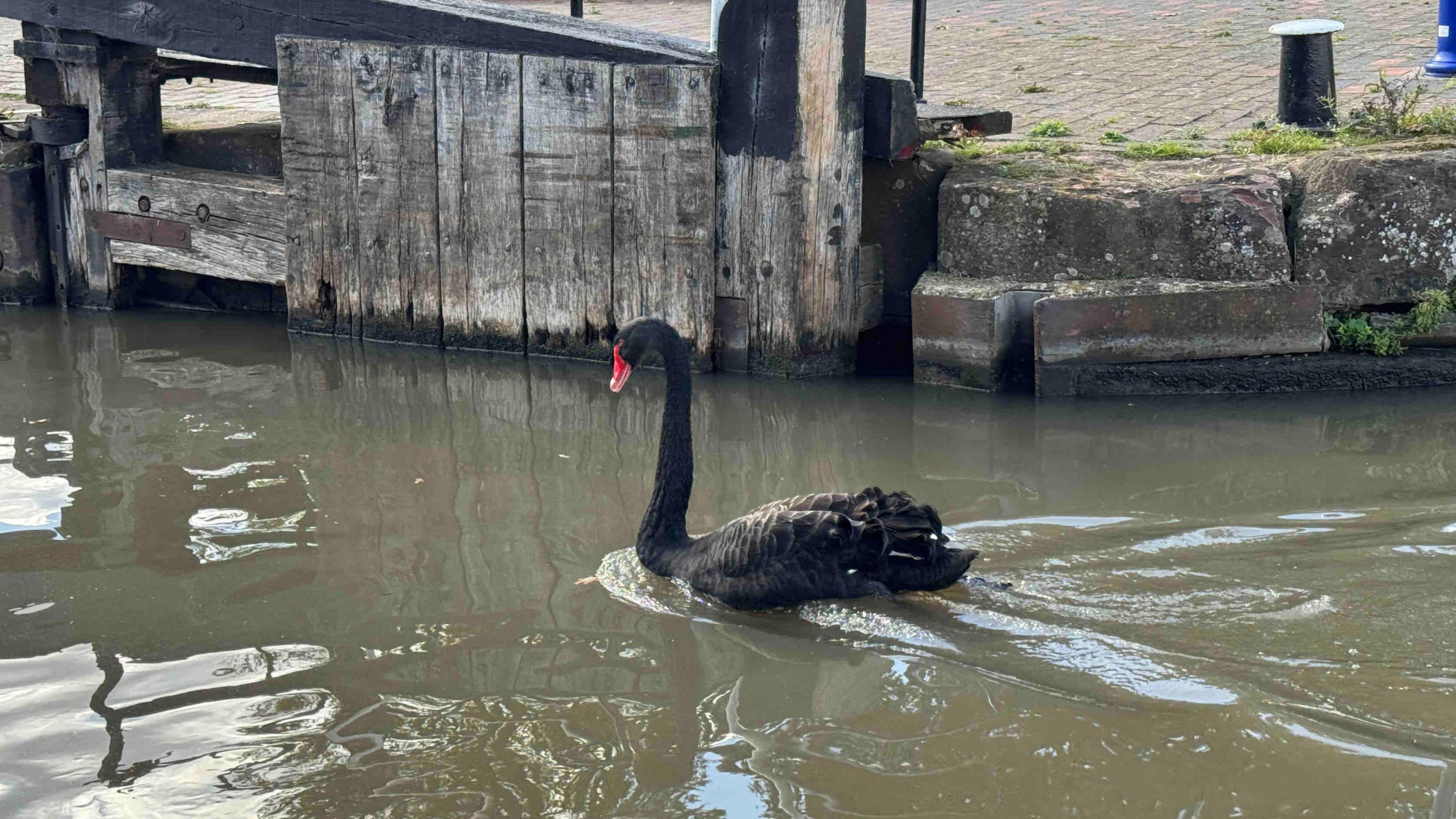
- Published9 October
